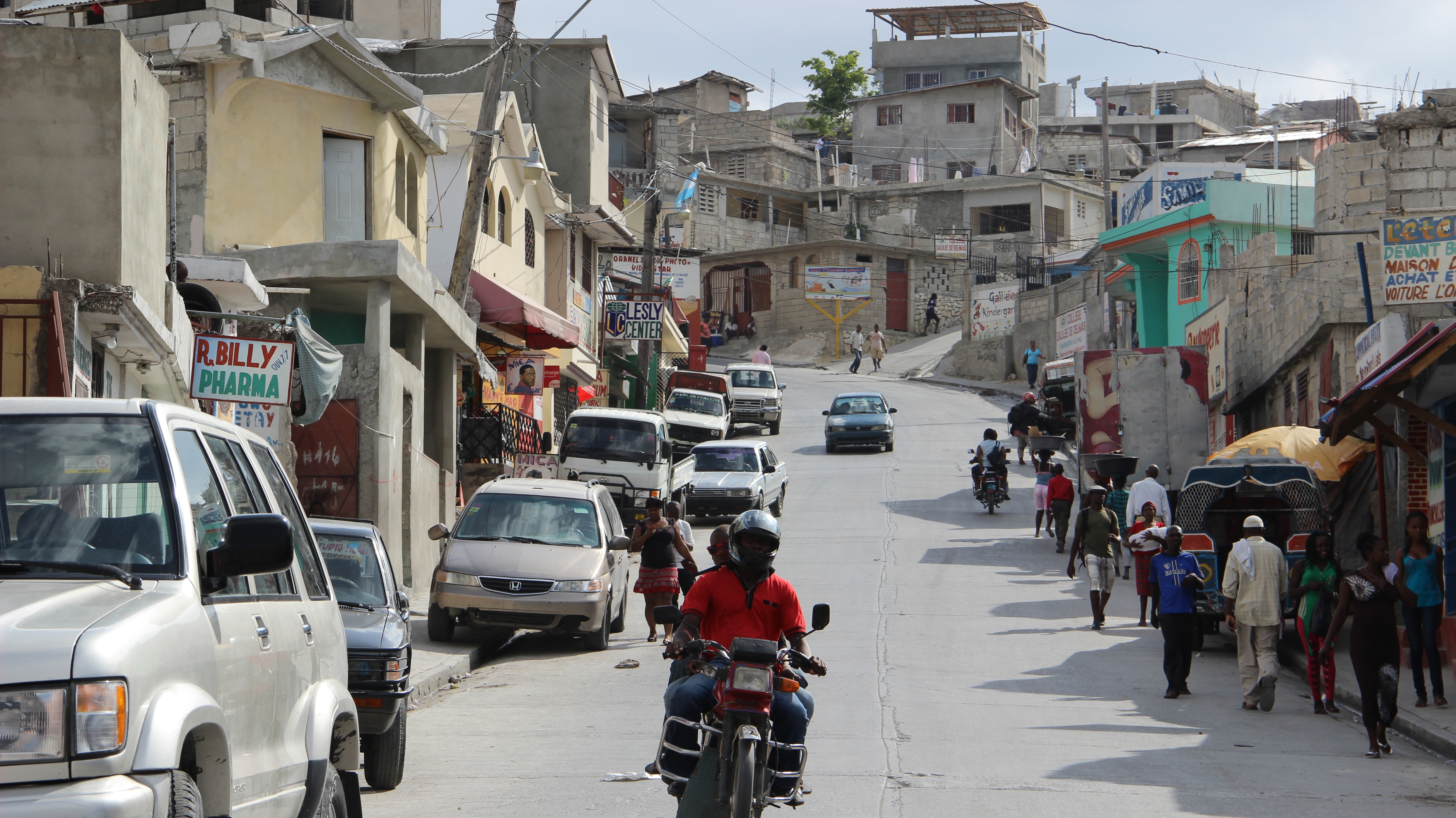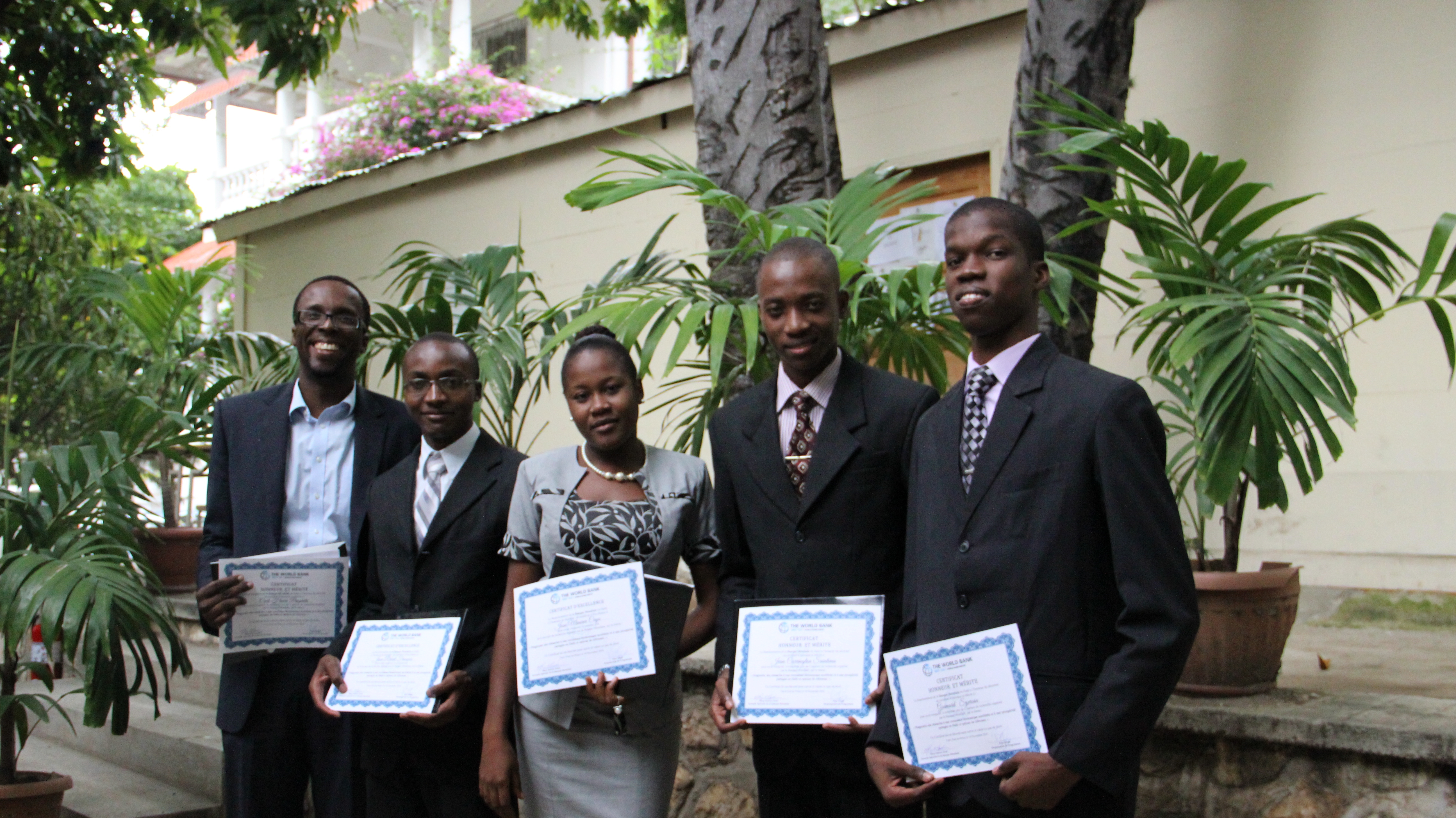How can Haiti’s growth be accelerated and how can this be done in a way that benefits the poorest? A competition among Haitian researchers living in Haiti, Africa, Canada, and the United States focused on these two issues. Three winners were awarded prizes today for their contributions and presented their work at a panel discussion attended by representatives from academia, civil society, government, and the international community.
The aim of this exercise is to create a forum to allow young researchers and students to share ideas and engage in objective discussions and analyses of growth challenges. In addition to academia, these discussions could help other civil society groups fine-tune their search for solutions.
Raju Singh, the World Bank Lead Economist for Haiti who organized this competition, says “it is difficult to pursue development polices without statistical data and proper analyses. Academic research must therefore play a key role in economic policy discussions.”
This is the backdrop against which discussions were held on issues related to inequality, inadequate competition and economic opportunities, and the absence of a social contract between the State and the people which, among other issues, were identified by the participants as impediments to growth.
Jean Ribert François, who won the competition’s first prize, stated that “the promotion of accelerated and inclusive economic growth not only calls for the establishment of infrastructure but also removal of the constraints related to physical capital, technology, human capital, the use of production factors, weak governance, and a culture of apathy and hostility to change.”
The contributions were reviewed by a panel of World Bank researchers and leading Haitian figures, including the Presidents of the Association of Haitian Economists, the Haitian Arbitration and Mediation Division, and the North-East Chamber of Commerce, as well as professors from the American University and the Autonomous University of Mexico.


